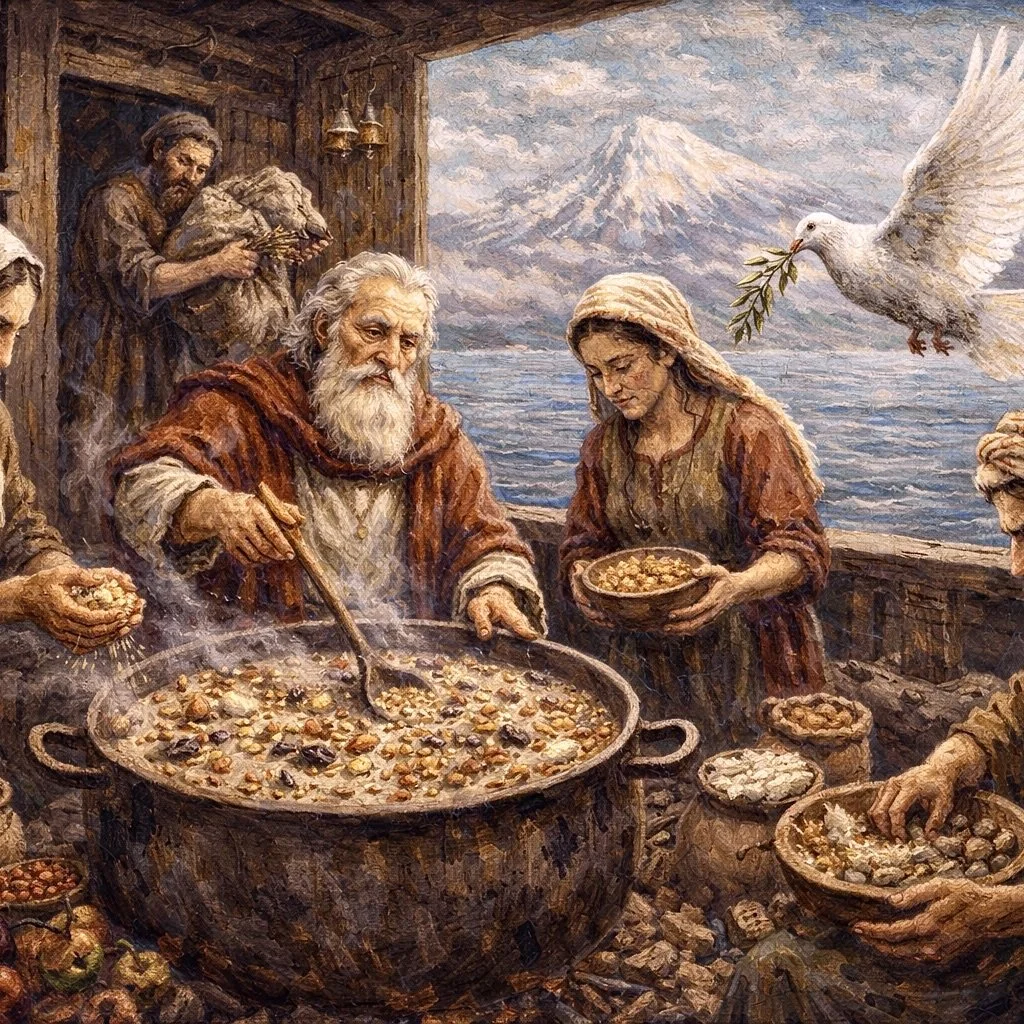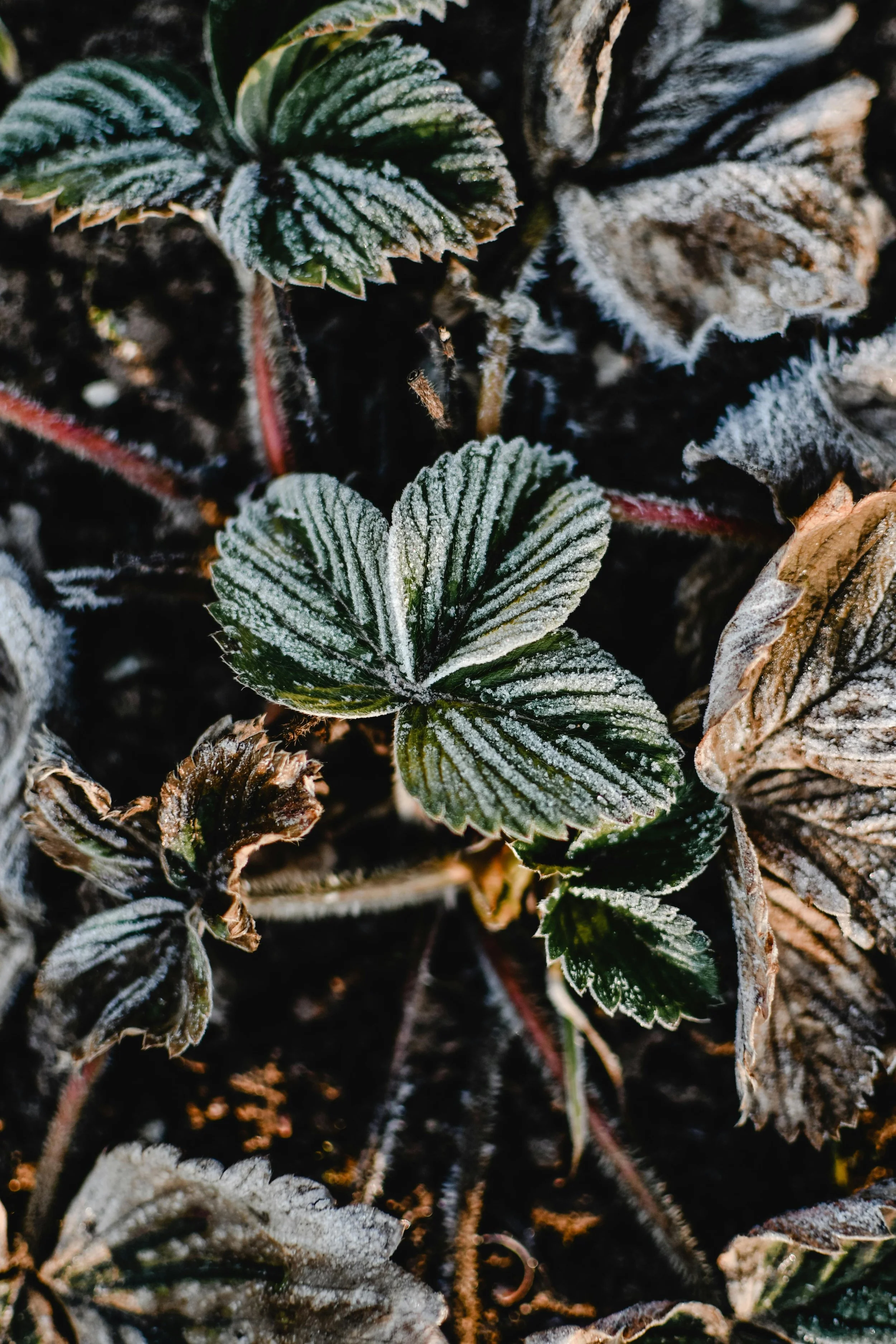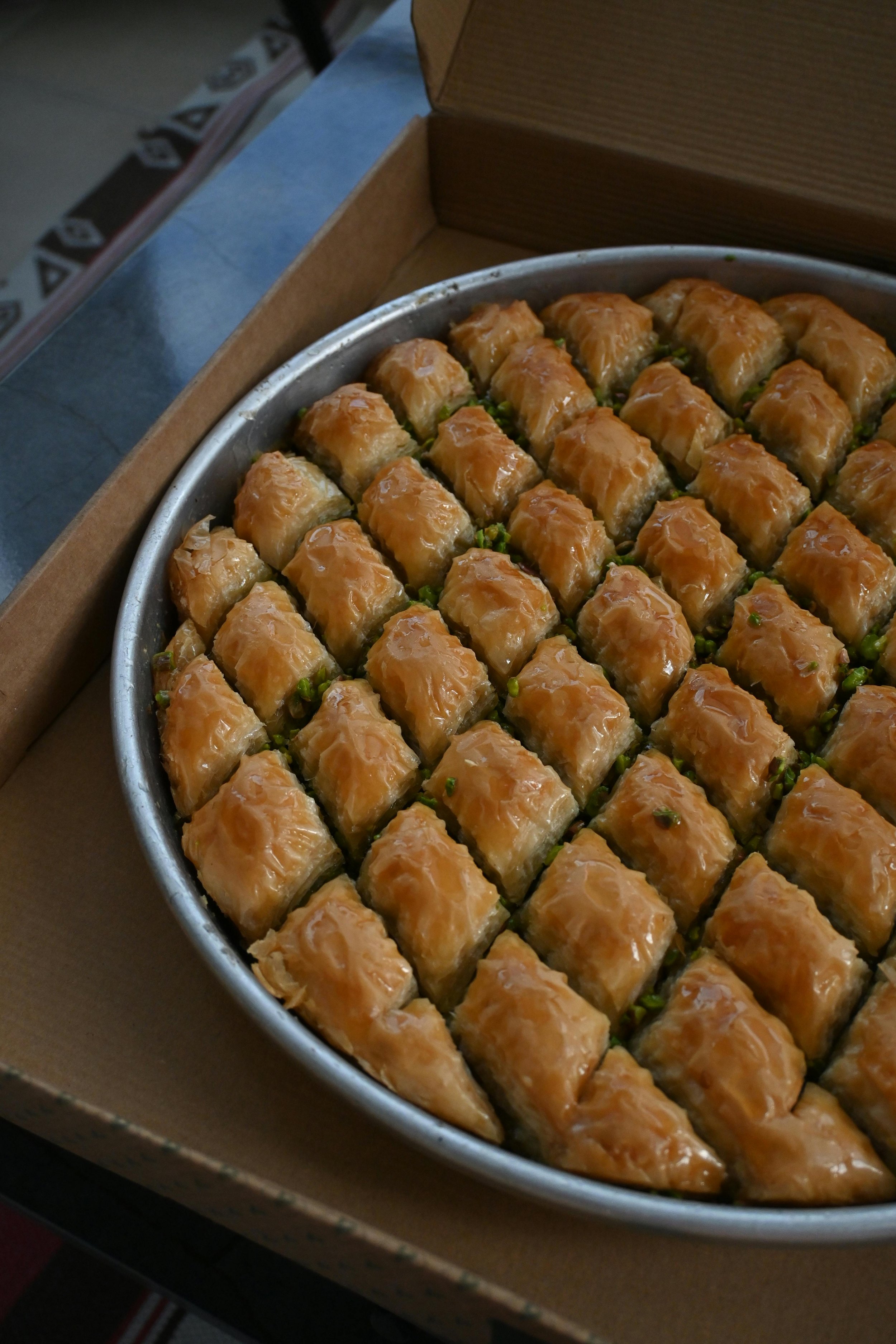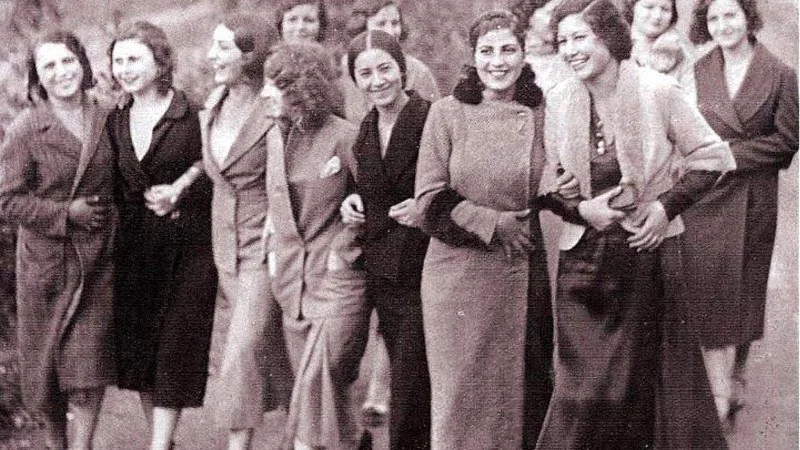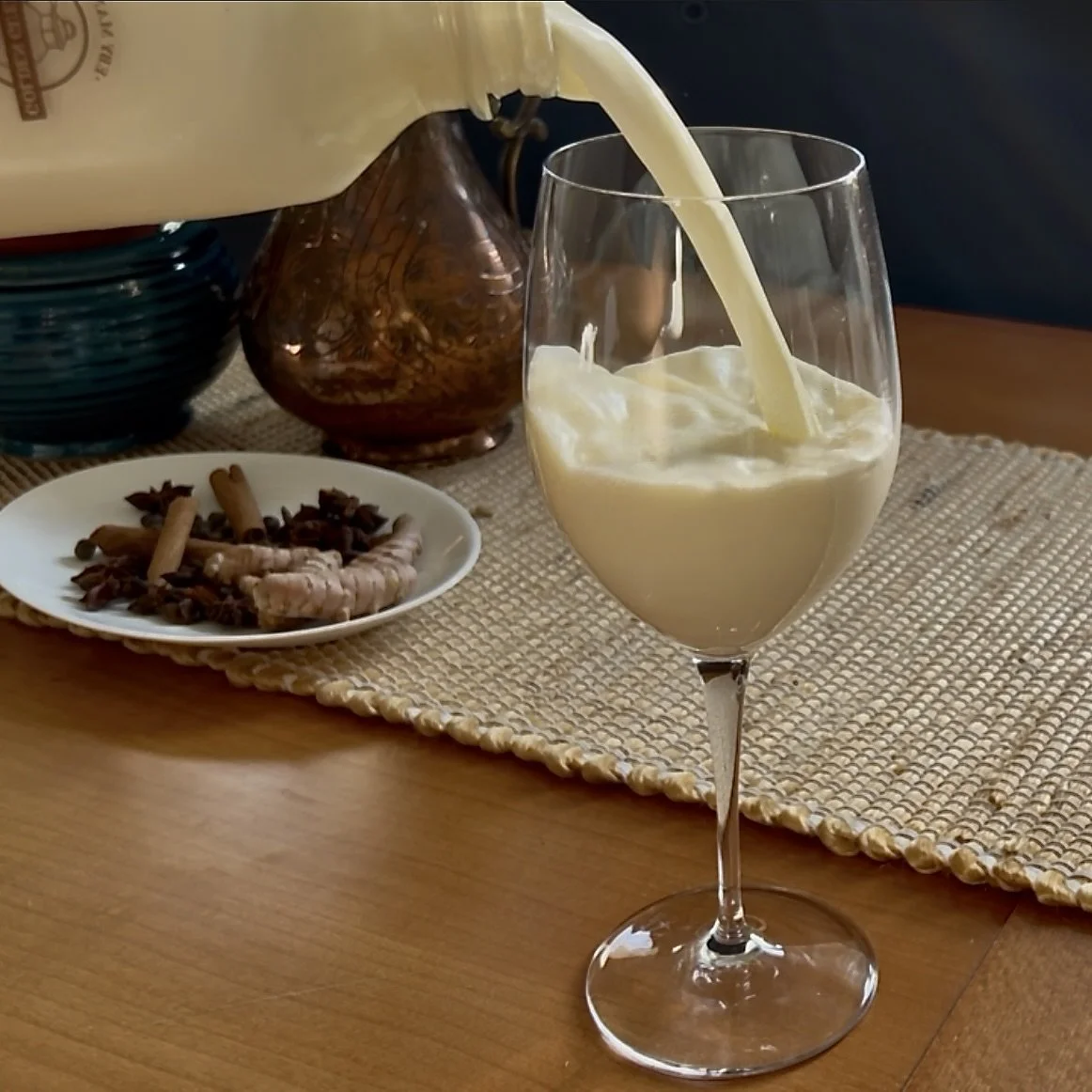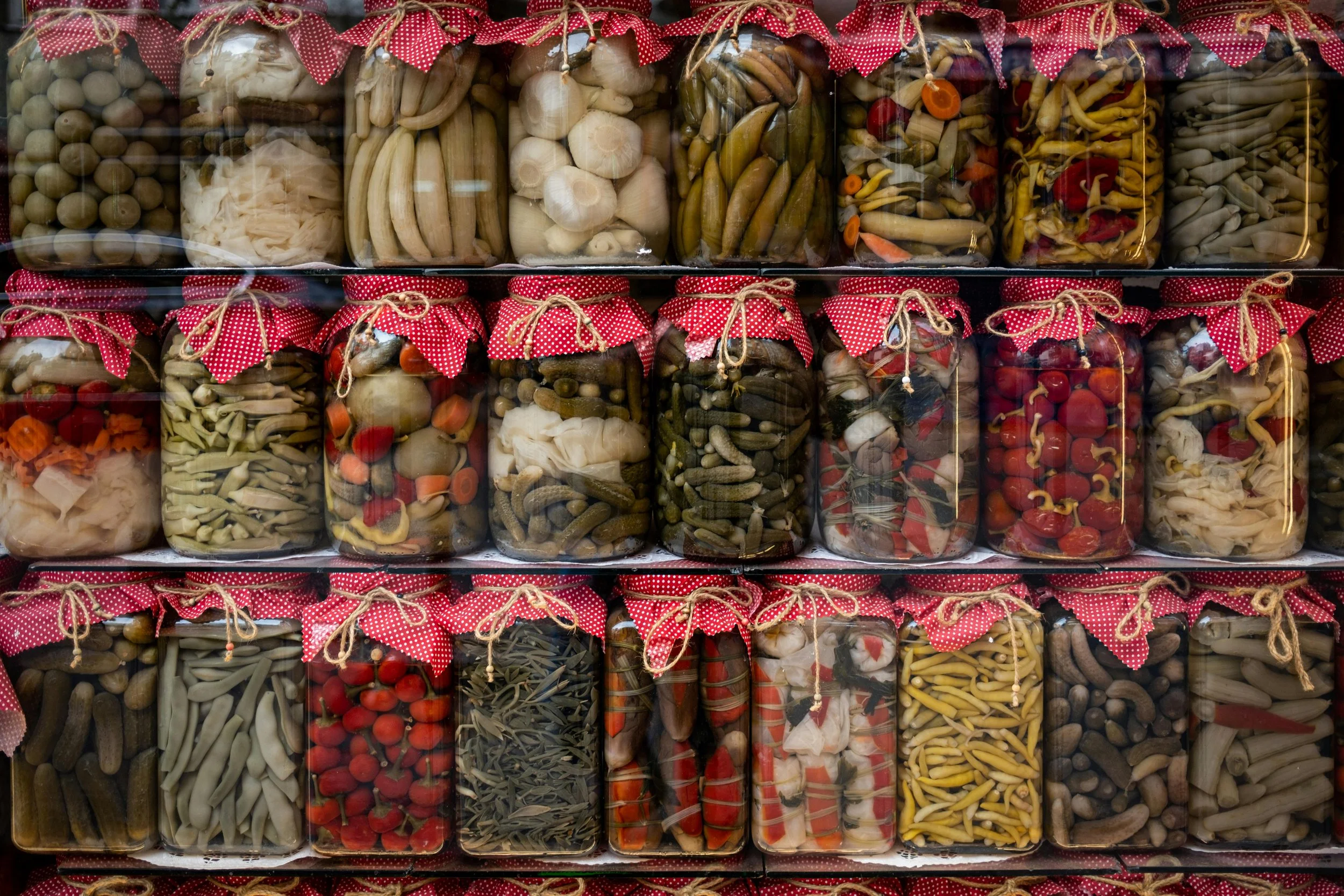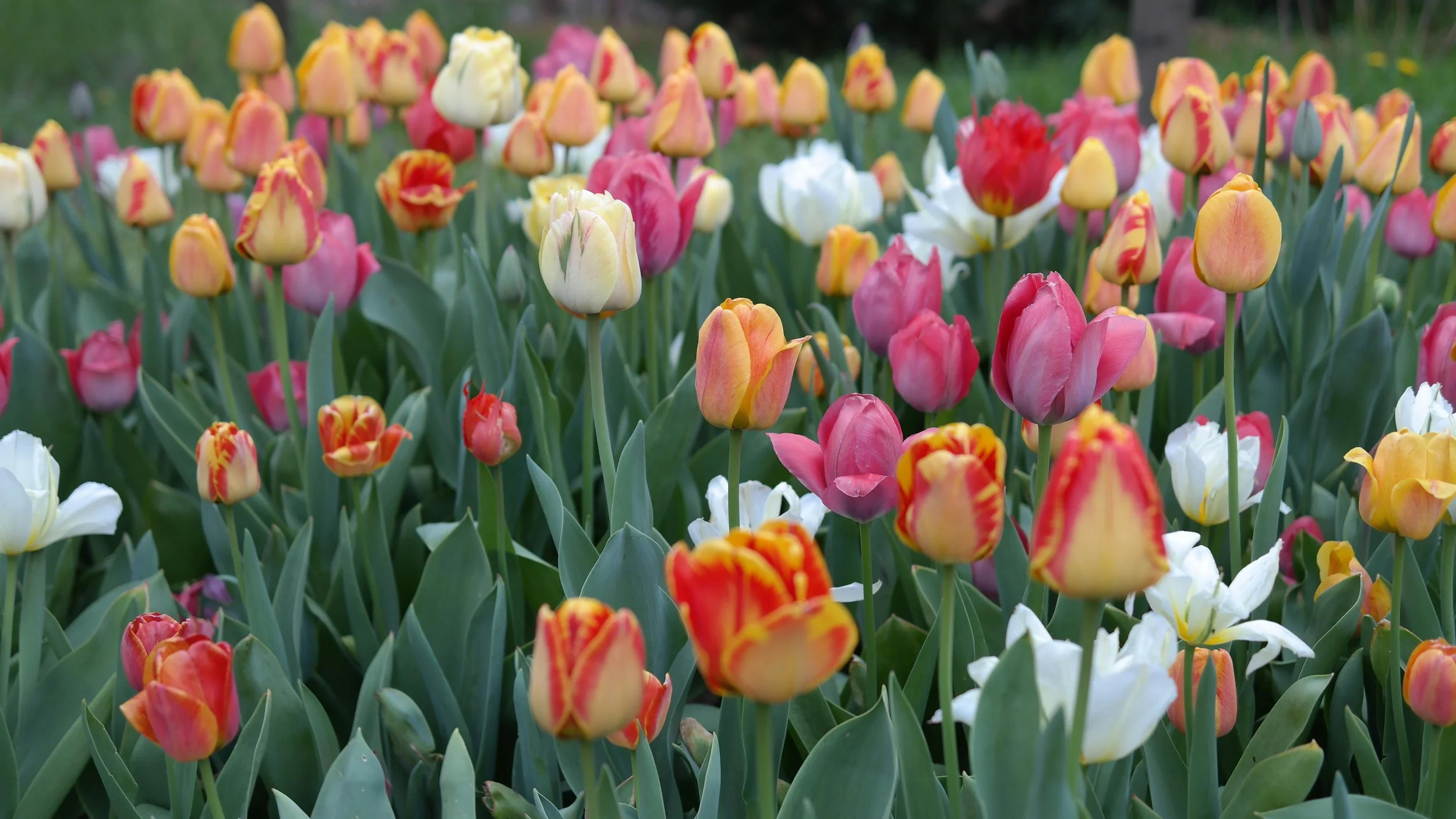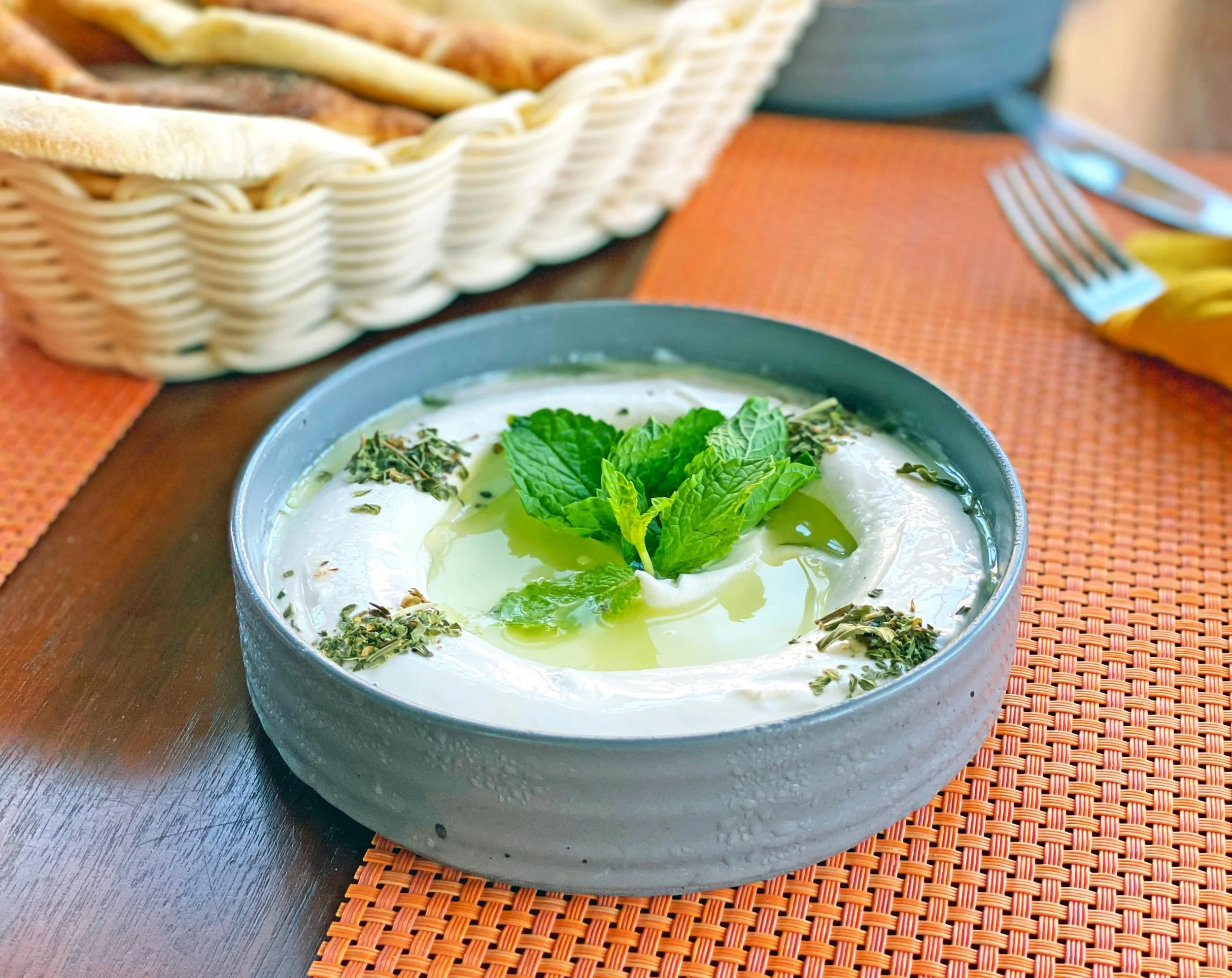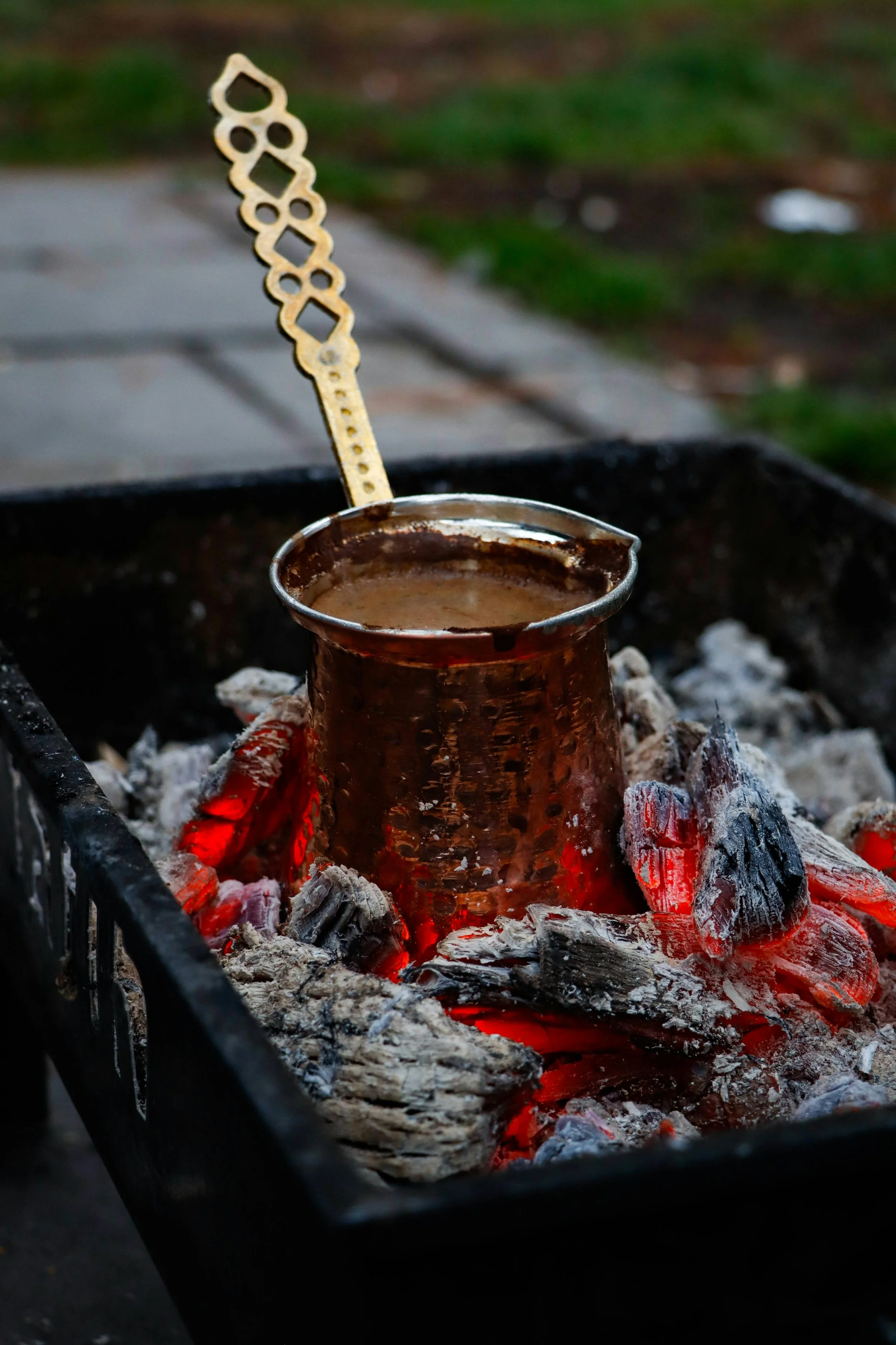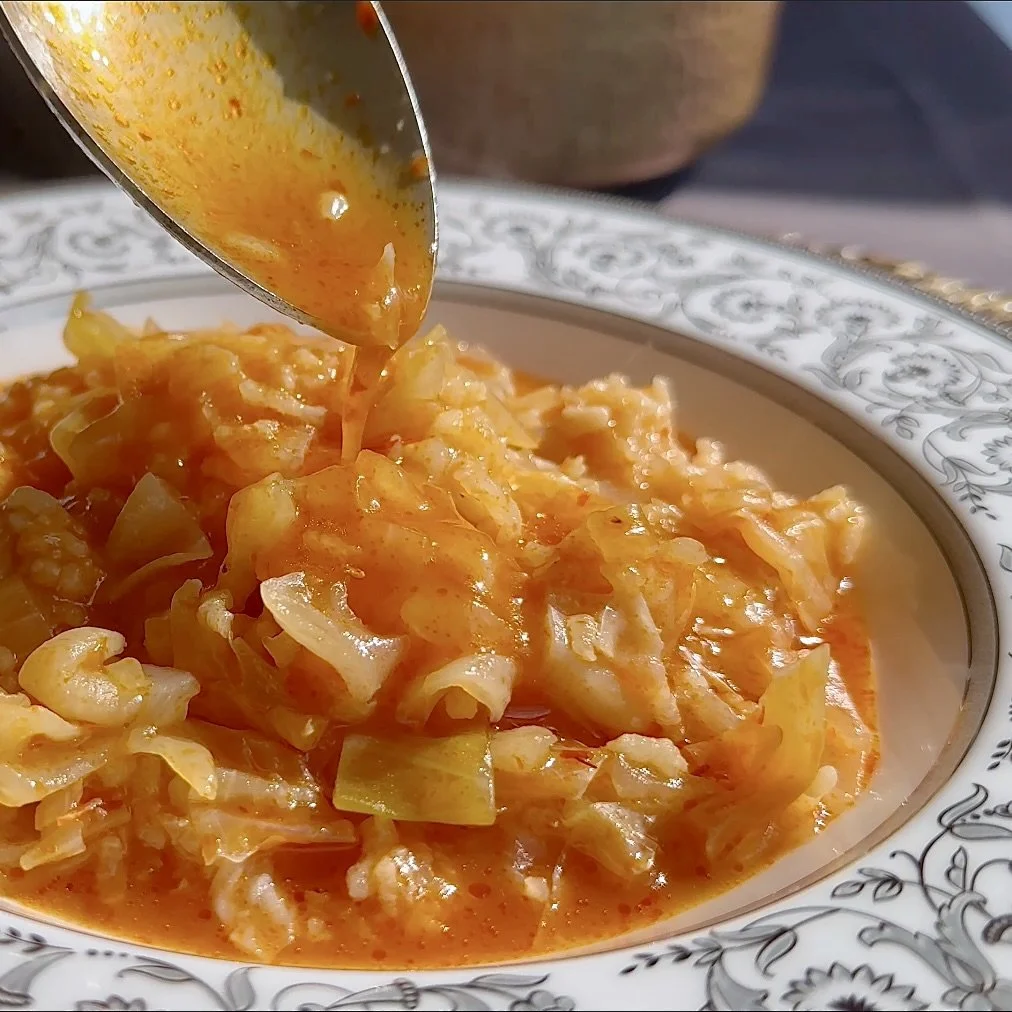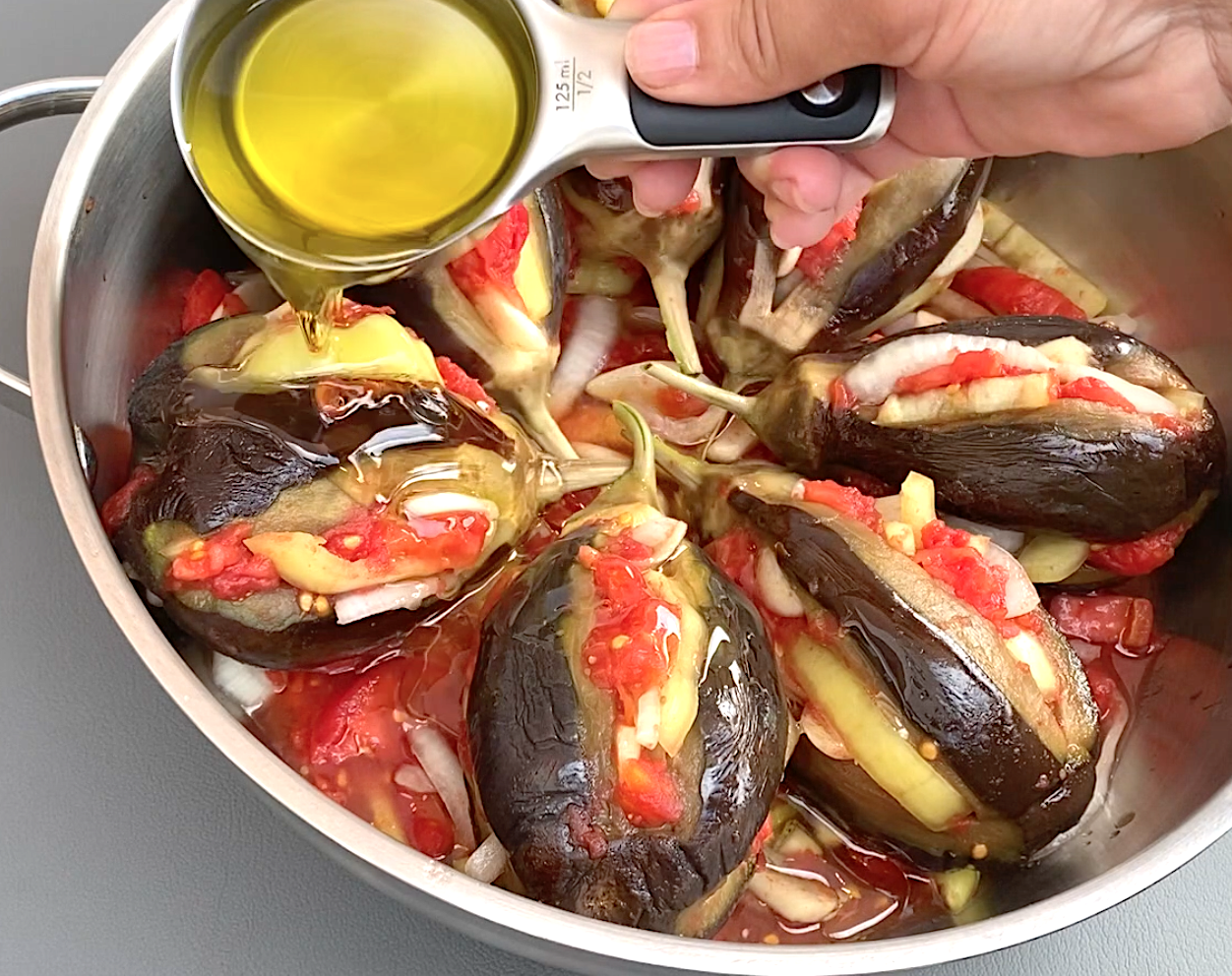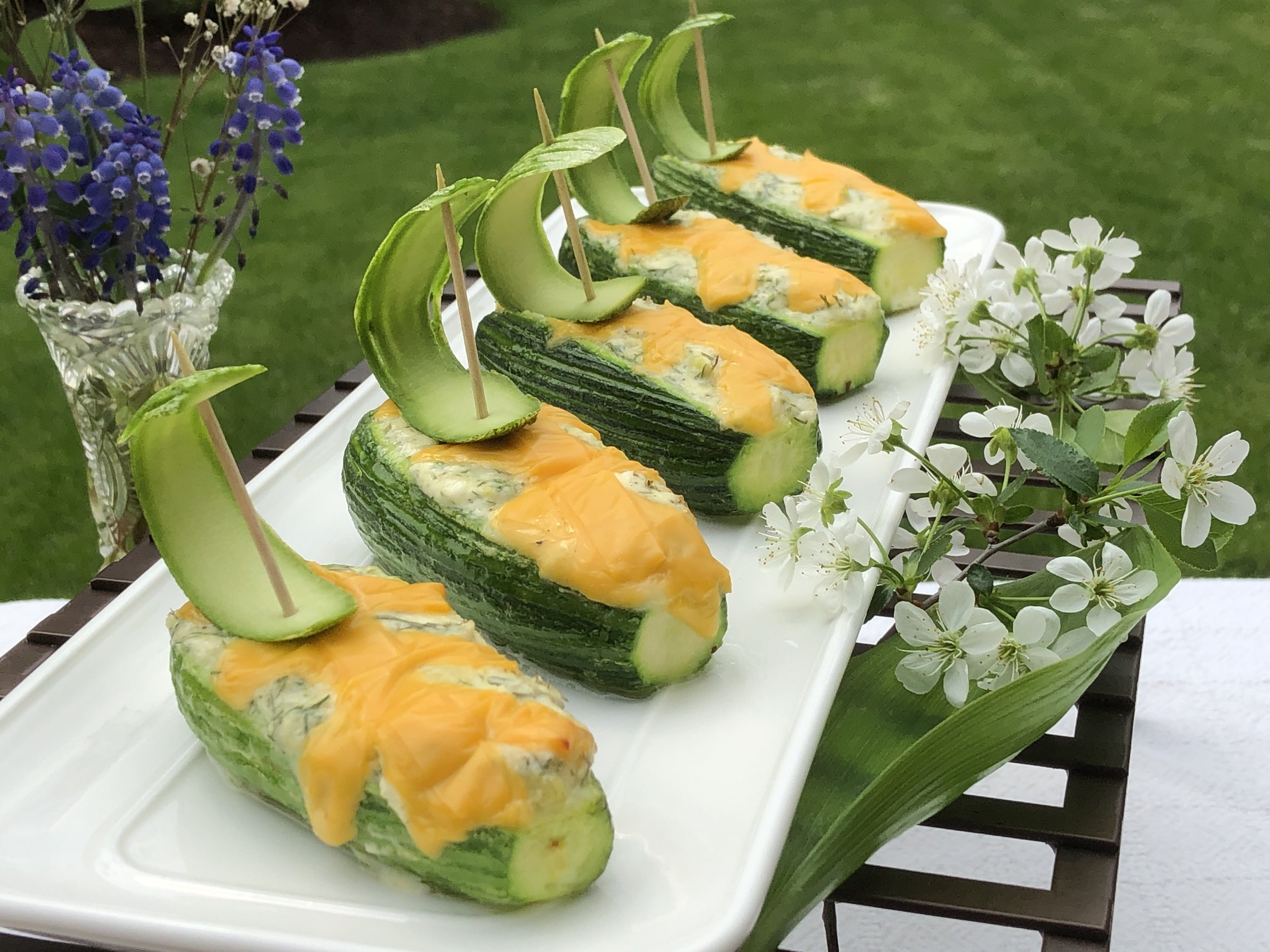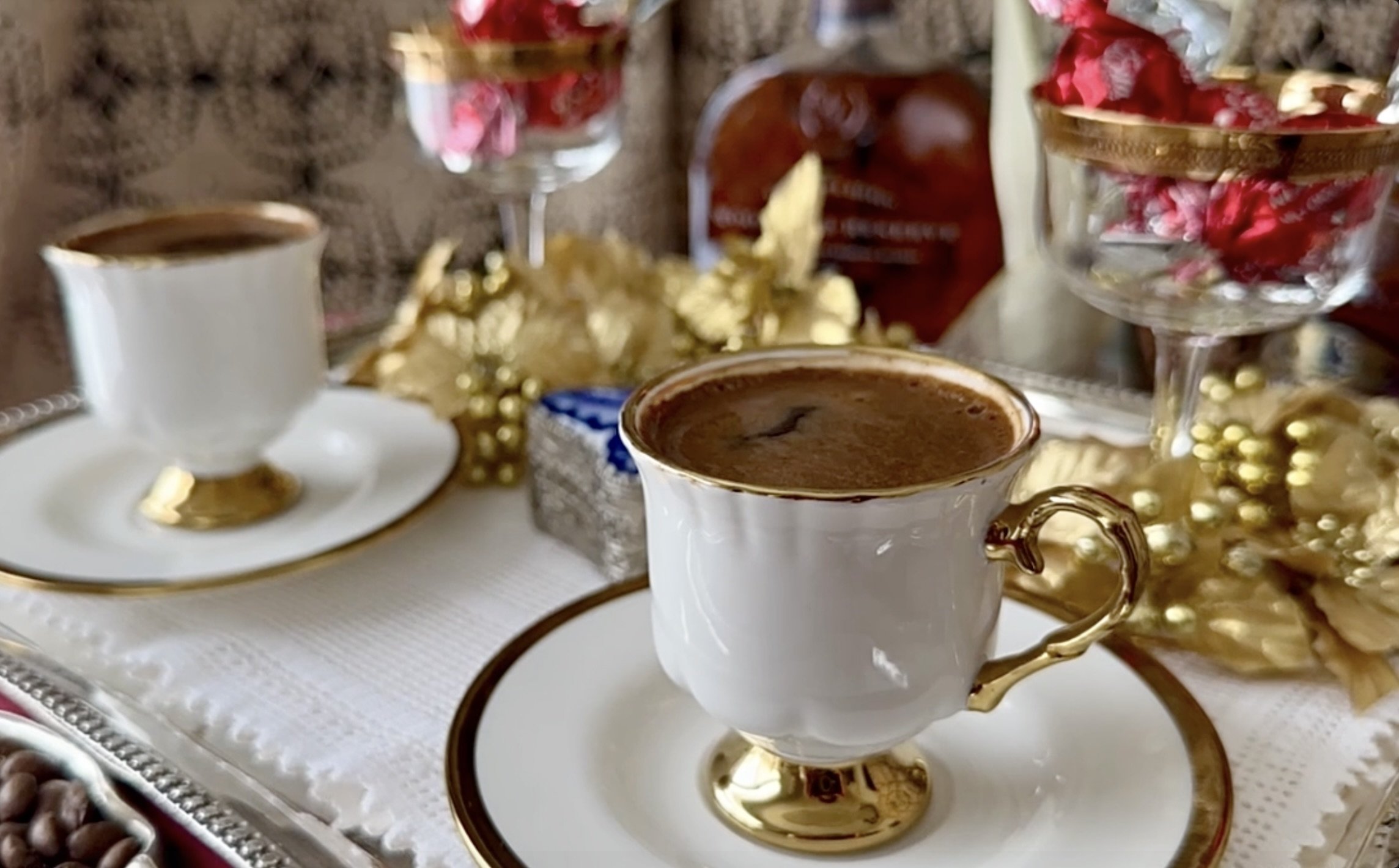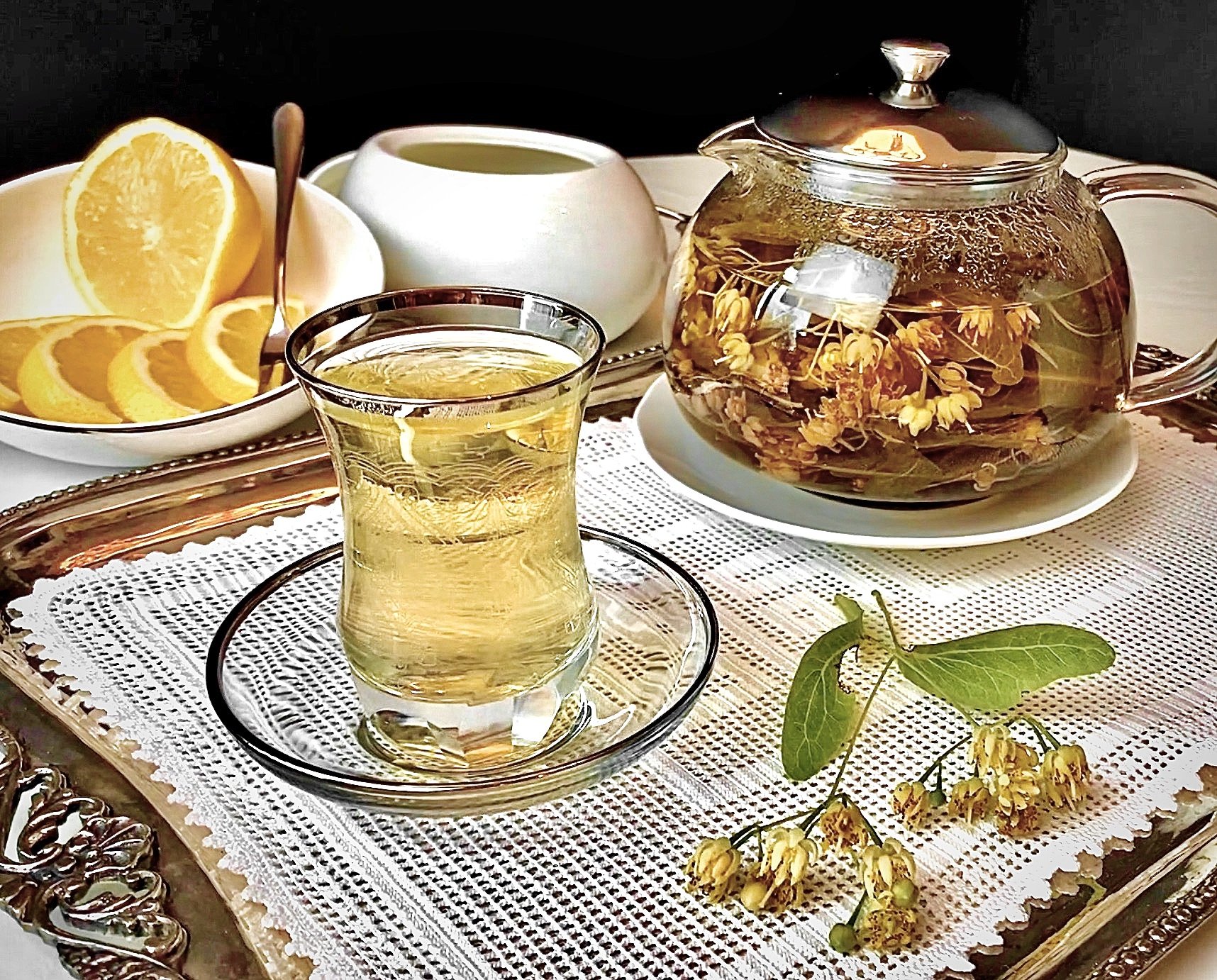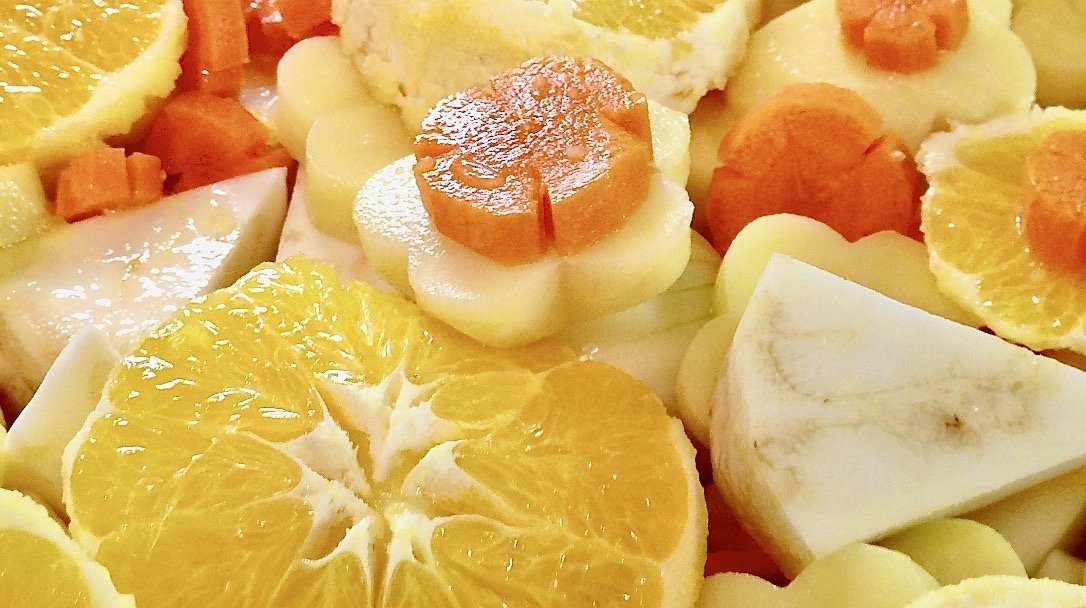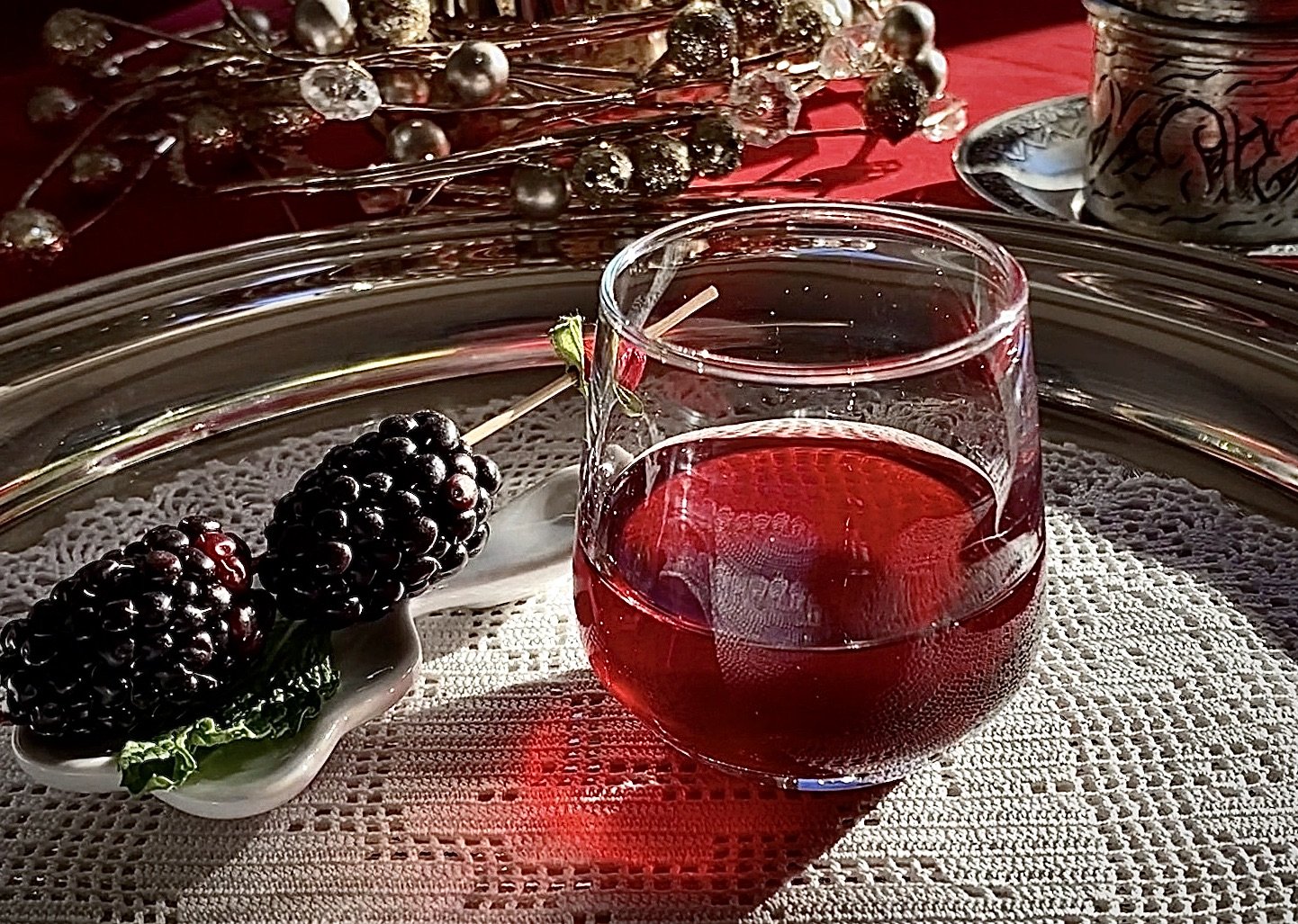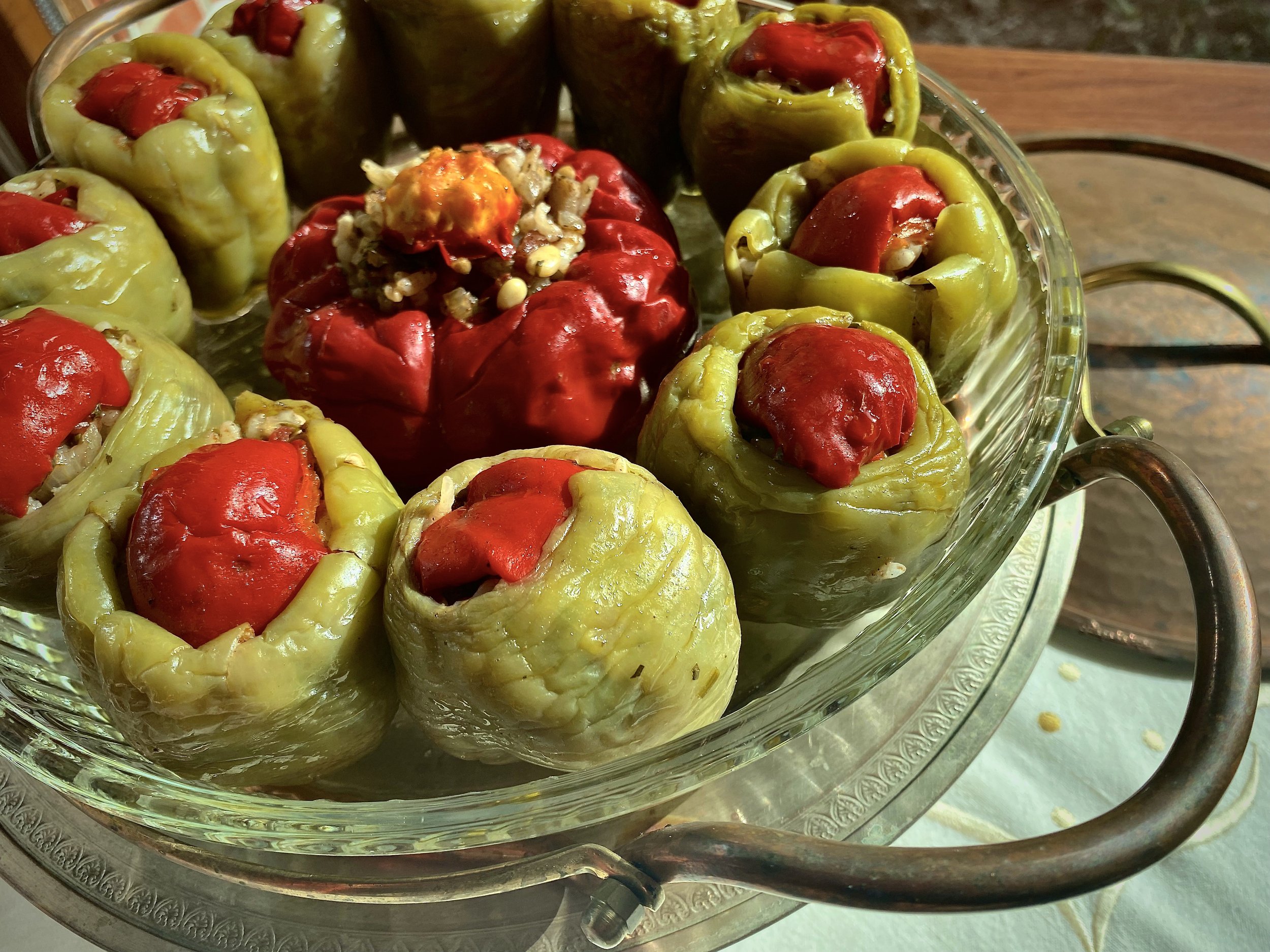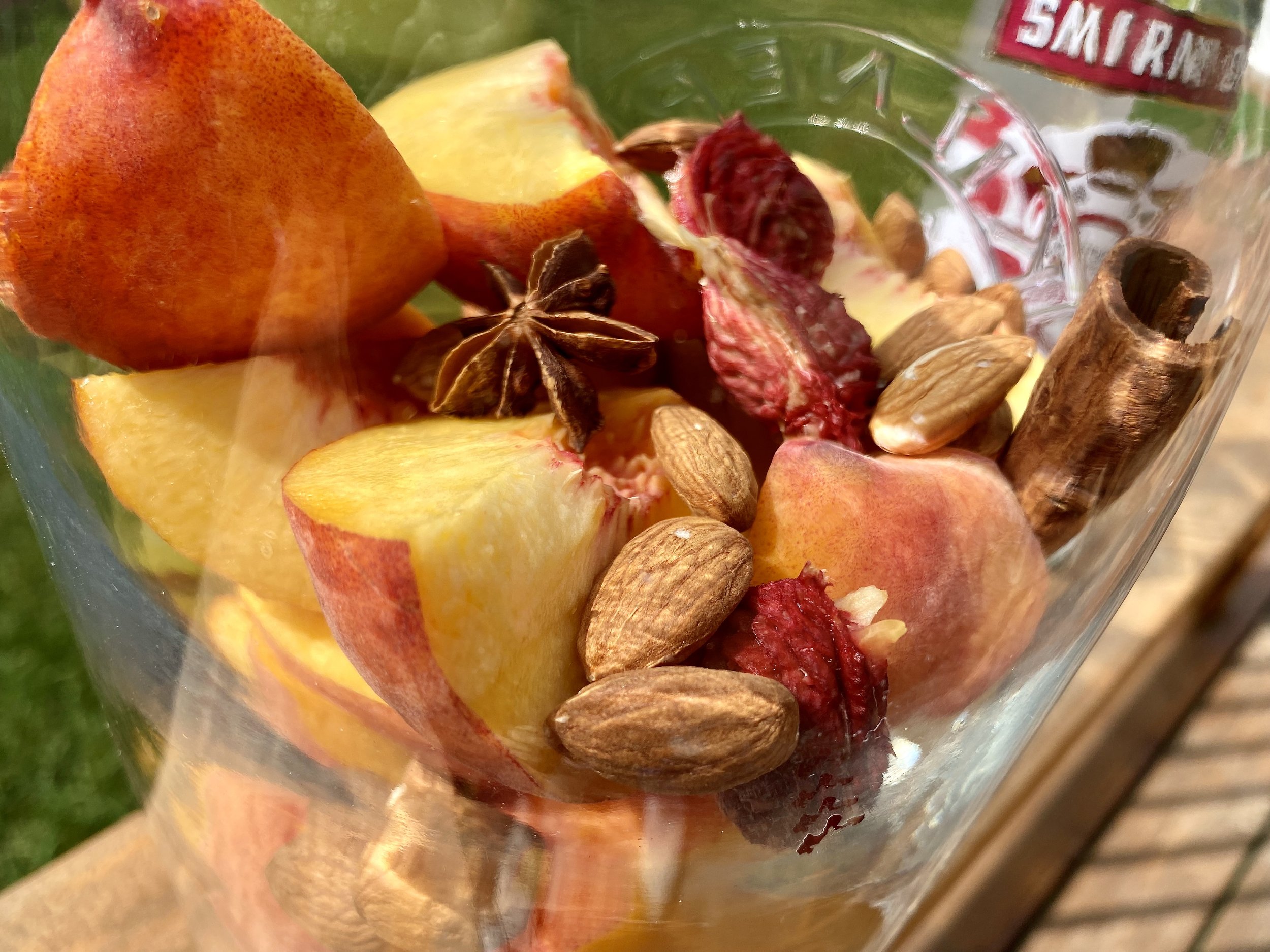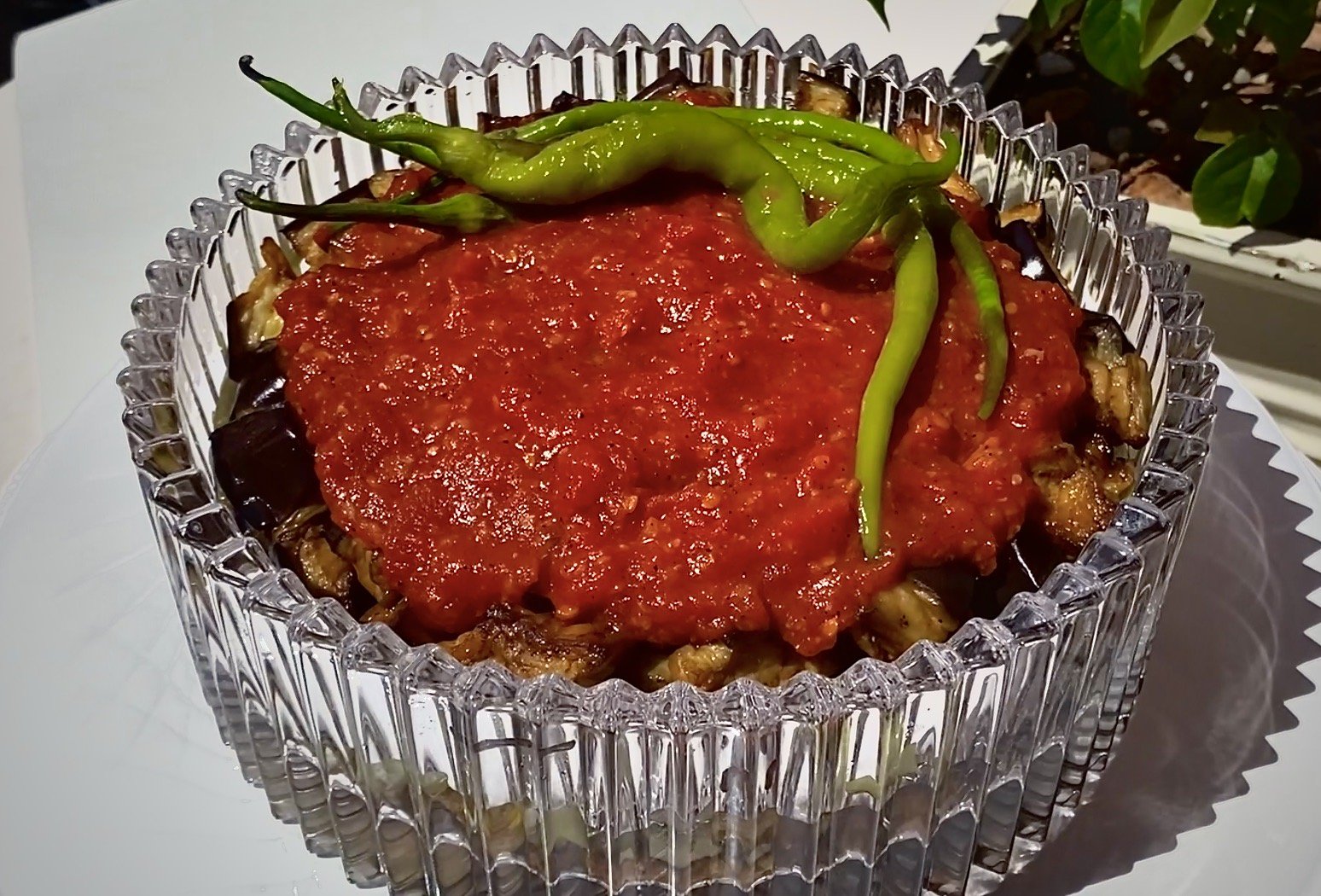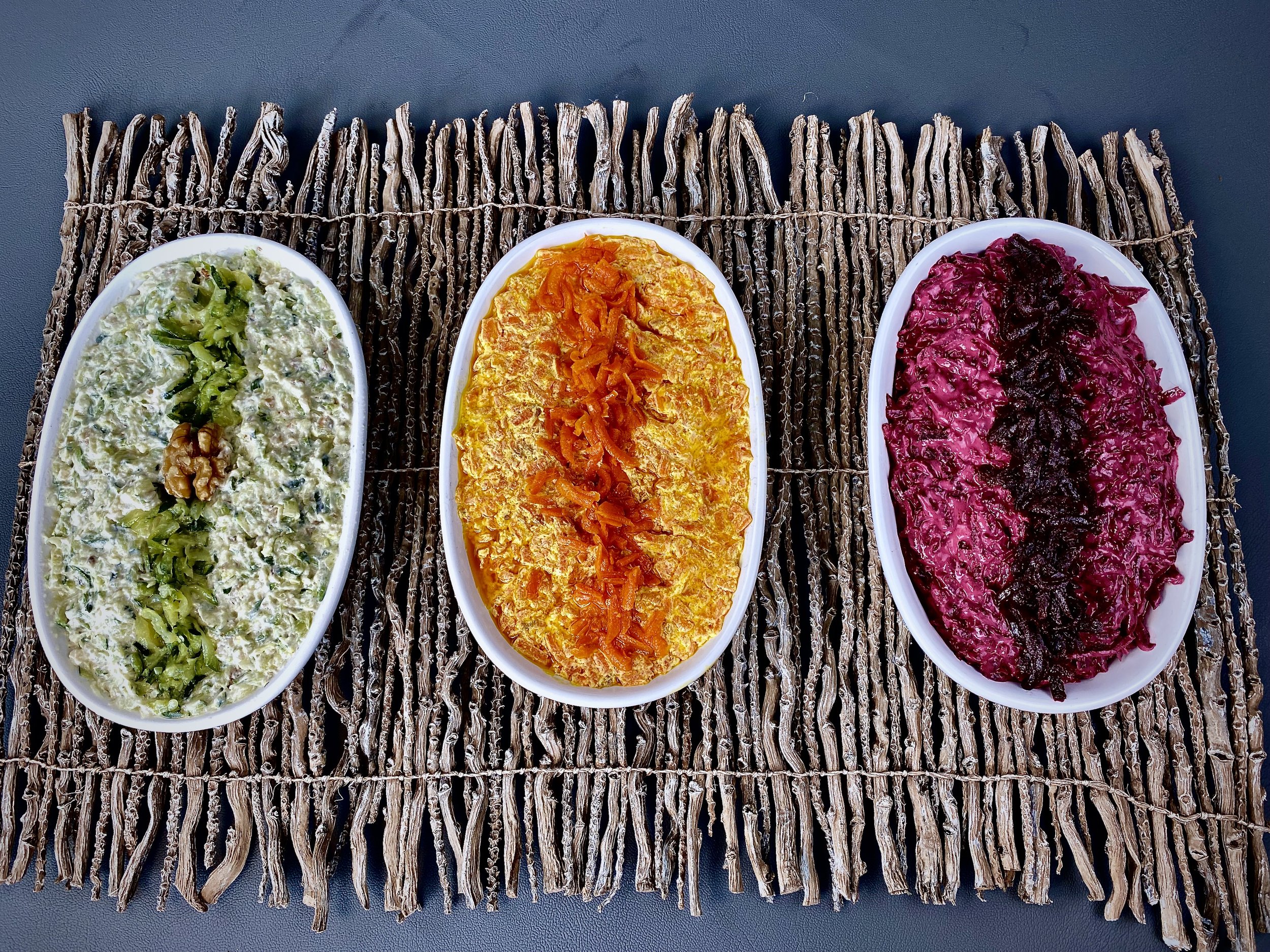Boza: A Tangy Sweet Controversy in Istanbul
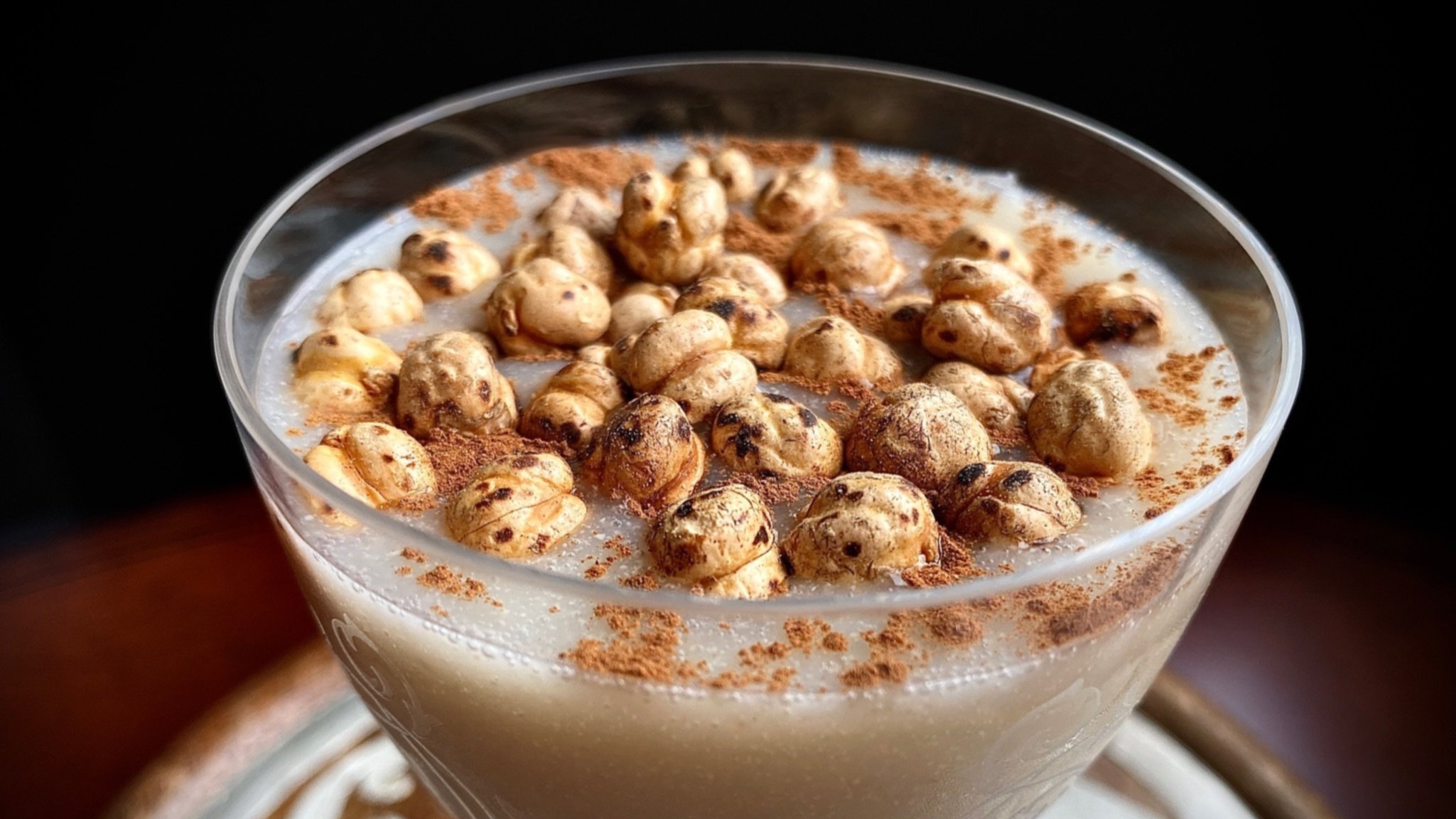
Winter’s chill wraps around Istanbul, but the city’s streets are brought to life by the tangy, sweet delight of Boza. and the city transforms into a maze of twinkling lights and bustling streets. Amidst the lively chatter and the rhythmic clatter of footsteps in the crisp air, a soft call pierces the night—“Bozacı!”
There, under the soft glow of a streetlamp, stands the vendor with a large, brass container, ladling out a thick, golden liquid into small cups. The aroma of cinnamon and roasted chickpeas beckons you closer, promising a taste of Istanbul’s rich, tangy tradition.
What is Boza?
Boza is a thick, slightly fermented drink made from grains like millet, corn, or wheat. Although served cold, its fermentation process gives it a unique warming effect. Its tangy, sweet flavour and pudding-like consistency might seem unusual at first, especially for a winter drink. But as you take your first sip, the combination of sweet and sour, with a hint of cinnamon and the crunch of roasted chickpeas, creates a delightfully cozy experience.
A Personal Story
My mother and aunts recount how grandma would never let them have Boza as little kids. She was a very prudent woman who would waste no money on street food. Only homemade food and the once-a-year simit was allowed, but even then she wouldn’t let you have it outside. You could only eat it once you got back home. Granny had her reasons, which we will get into another day, but I want to share the terrifying story she made up so mom and her siblings wouldn’t keep asking for Boza whenever the bozacı would pass by their street.
She told them that the “bozacı” would throw naughty children into his spiked brass cauldron 😳 where they’d be crushed into a puree 😰, which the bozacı would then sell as a sour drink to people! 😱…😅 Understandably, mom and her siblings only got to taste Boza much later —and they were amazed at how grandma had concocted such a story!
Thankfully, I was introduced to Boza as a child. At first, the tangy taste was a bit strong for me, but the cinnamon, freshly roasted crunchy chickpeas, and the final addition of sugar made it something I couldn’t get enough of. So much so that after moving to Canada, we all missed it during the winter months and learned to make it at home! (If you’re interested, this is the recipe we use).
A Journey Through History
Boza has been enjoyed for over 8,000 years, originating from Mesopotamia and spreading through Central Asia and the Balkans. In the Ottoman Empire, it was a staple enjoyed by both commoners and the elite; a humble drink that transcended social classes. Today, Boza vendors, known as “bozacı,” roam the streets of Istanbul, especially in winter, calling out to attract customers. This tradition adds a nostalgic charm to the city’s winter nights.
Culinary Relatives and Global Presence
Boza has culinary relatives like Kvass in Eastern Europe and Chicha in Latin America, reflecting its widespread appeal. Notably, Hacı Sadık Bey, an Albanian immigrant, popularized Boza in Istanbul by opening the famous Vefa Bozacısı in 1876, which remains a renowned establishment, where you can enjoy authentic Boza.
The Controversy of Alcohol Content
Despite its popularity, Boza has not been without controversy. The drink contains a small amount of alcohol due to fermentation, which has historically sparked debates in a predominantly Muslim society. While the alcohol content is typically low (around 1-2%), it was enough to cause concern among more conservative Muslims. Sultan Mehmed IV even banned Boza in the 17th century due to its increasing potency. However, the Turkish interpretation of Islam has often been more flexible, allowing for the consumption of alcohol —wine, rakı— and fermented drinks like Boza. When Turks converted to Islam, many Islamic beliefs, rules, and practices were adapted to fit their existing traditions, making it easier for them to become faithful Muslims without sacrificing long-held cultural values.
Health Benefits and Modern Enjoyment
Historically, Boza was believed to have health benefits, such as strengthening the body and aiding recovery from illnesses. It is often consumed after childbirth to replenish iron and increase lactation, or during recovery from the flu. Despite its ancient origins, Boza remains a beloved drink in Istanbul, Turkey, found in supermarkets and still sold by street vendors.
A Taste of Tradition
Next time you find yourself in Istanbul, be sure to try Boza. Its unique flavour and rich history offer a delightful way to experience the city’s winter charm. And who knows? You might just find yourself craving this tangy, sweet drink long after your visit.
Share your experience… #fairiesboza #fairiescuisine
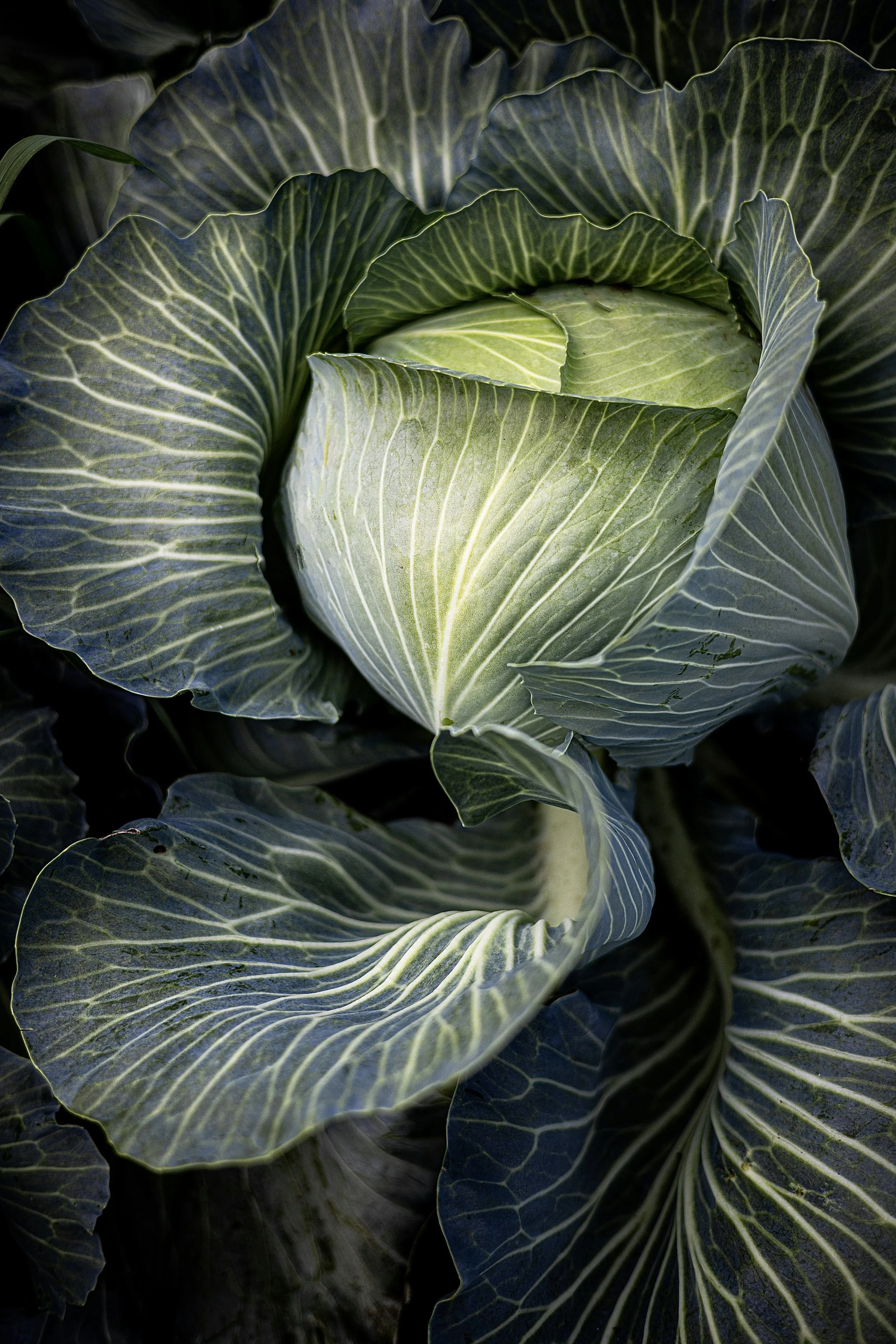
There is a particular kind of hesitation that happens in front of the produce wall…
Somehow, a holiday about light, generosity, and togetherness became the time of year we panic-buy our way into proving we care…
What if the healthiest thing you could do is stop believing everything in the grocery aisle that calls itself “super”?
Discover how baklava evolved from early Central Asian layered pastries to the refined Ottoman masterpiece we know today…
Explore how yoğurt weaves through Turkish cuisine, from soups and mezes to mains, pastries, and desserts... the timeless taste that ties every meal together.
Science confirms what our grandmothers always knew: sitting down together is the recipe for lifelong health.
Eby’s Golden Guernsey milk is the ‘secret’ ingredient that makes our sütlaç, puddings, pochas, sauces, and soups unforgettable…Reminding us why real quality matters.
From jars of tangy probiotic pickles to real fruit leathers and vitamin-rich tarhana soup mix, we share how a Mediterranean family in Canada prepares their pantry for the long winter, with recipes rooted in tradition, adapted for today.
Istanbul’s cuisine is not a story of invention but of conversation, where Thracian settlers, Greek tavern-keepers, Armenian bakers, Jewish exiles, Kurdish migrants, and Ottoman courts all left their mark on the city’s table.
Preserving food wasn’t a hobby. It was survival, celebration, and creativity all at once.
Mediterranean diet is about memory, movement, and meals that satisfy body and soul.
Before it was a health trend, yogurt was medicine, snack, and staple: fermented on horseback, shared across empires, and still echoing in every spoonful today.
Shared meals don’t just feed the body. They knit our hearts together, heal loneliness, and keep old stories alive at the table.
What if tradition wasn’t about perfection or the past… but about adapting wisdom for a better life today?
From leaves to molasses, from sour to sweet — the grape vine carries 10,000 thousand years of Anatolian wisdom into every season.
More than flavour, preservation is geography, memory, and thousands of years of learning to listen to the land…
Before there were books or blueprints, there were mothers—teaching us how to live, protect, and remember.

